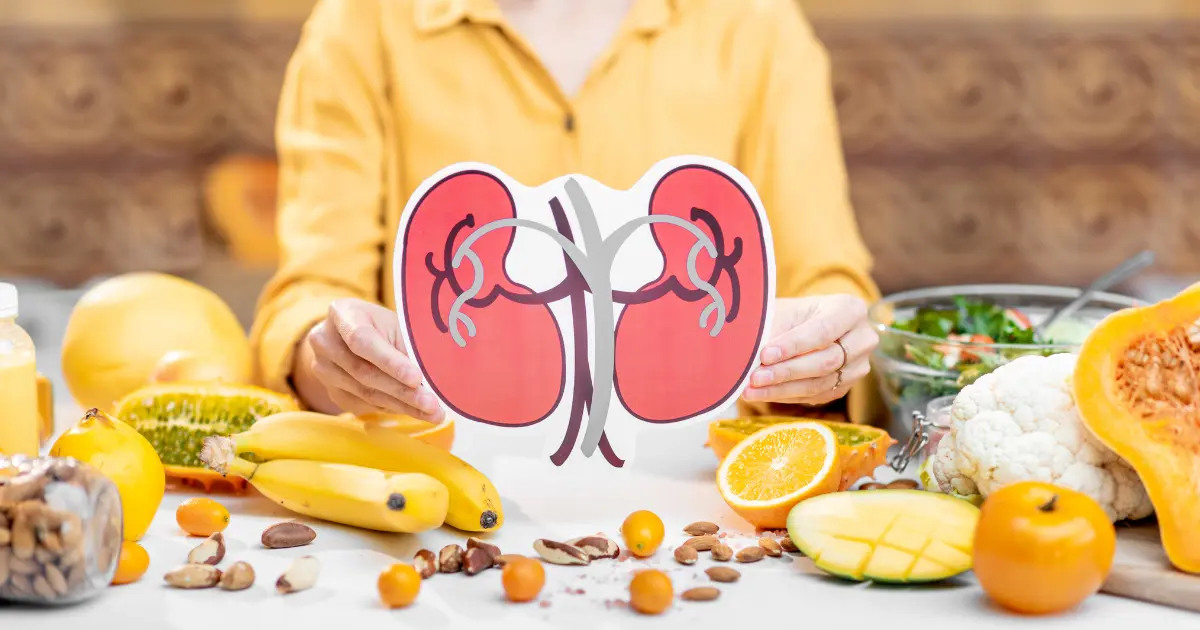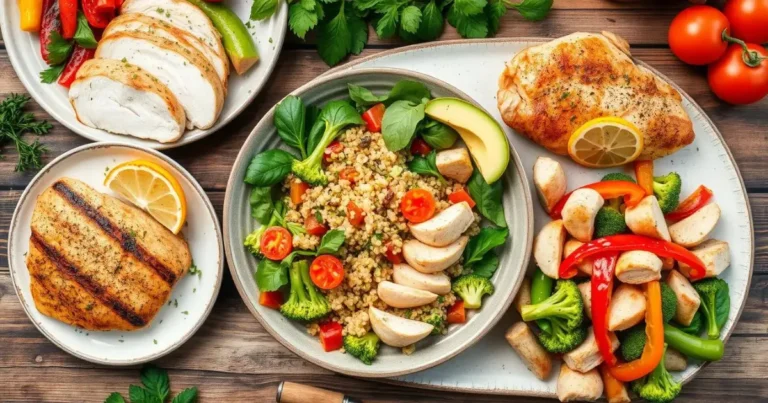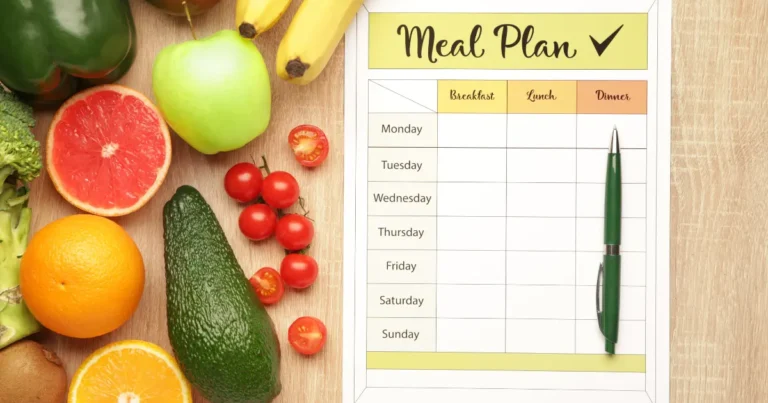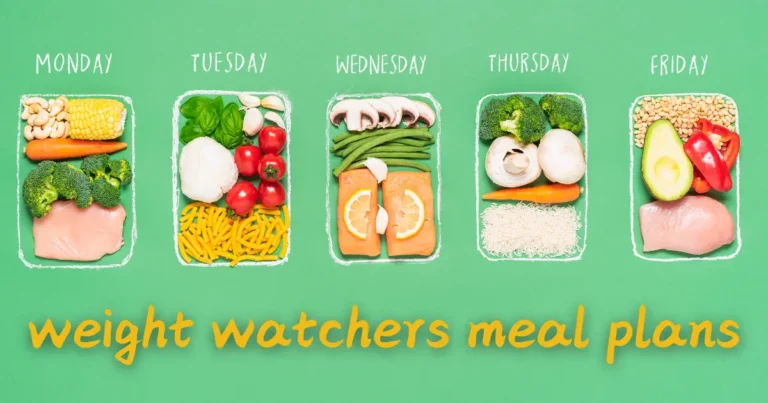Top Super Foods Good for Kidneys for Better Health
Your kidneys are key to your health, filtering out waste and extra fluids. Eating foods good for kidneys is crucial for keeping them working well. By adding certain foods to your meals, you can help your kidneys stay healthy for a long time.
This guide will show you the best foods good for kidneys. You’ll learn about fruits, veggies, proteins, and herbs that support kidney health. These foods are important for keeping your kidneys in top shape.
Table of Contents
Key Takeaways
- Certain foods can support kidney health and function.
- Incorporating a variety of nutrient-rich foods into your diet can benefit your kidneys.
- Maintaining a balanced and kidney-friendly diet is crucial for overall renal well-being.
- Consulting with a healthcare professional can help you create a personalized dietary plan for your kidney health.
- Moderation and portion control are essential when it comes to foods that may impact kidney function.
Understanding the Vital Role of Diet in Kidney Health
Your diet is key to keeping your kidneys healthy. The kidneys filter waste and extra fluids from your blood. What you eat affects how well they do this important job.
How Your Kidneys Process Different Foods
Your kidneys work hard to break down nutrients and minerals in your food. Foods high in protein, sodium, or potassium can be tough on them. So, it’s important to eat them in small amounts.
Impact of Diet on Kidney Function
Eating right can help your kidneys work better and lower disease risk. But, a diet full of foods that heal kidney problems can lead to issues like chronic kidney disease. This can also cause kidney stones and high blood pressure, harming your kidneys.
Knowing how diet affects kidney health helps you make better food choices. This way, you can keep your kidneys healthy for a long time.
Foods Good for Kidneys: Essential Guidelines
Your diet is key to keeping your kidneys healthy. Consuming kidney-friendly foods daily supports the proper functioning of these vital organs. Here are some important tips to follow:
Focus on plant-based foods like fruits, veggies, and whole grains. These foods are full of nutrients and low in sodium. They also have antioxidants that protect your kidneys. Try to eat a variety of colorful foods to get lots of vitamins and minerals.
Try to eat less of processed and high-sodium foods. They can harm your kidneys. Instead, choose fresh meats in small amounts. Go for lean proteins like chicken, fish, and beans.
- Drink lots of water all day to stay hydrated.
- Watch your potassium and phosphorus levels. Too much or too little can hurt your kidneys.
- Add healthy fats like those in avocados, nuts, and olive oil to your diet. They help your overall health.
By following these kidney-healthy tips, you can help your body work its best. A balanced diet is the base for keeping your kidneys healthy for life.
Powerful Fruits for Optimal Kidney Function
Certain fruits are superfoods for kidney health. They include berries and citrus fruits, packed with antioxidants and vitamins. These fruits can greatly benefit your kidneys.
Berries and Their Antioxidant Benefits
Blueberries, raspberries, and blackberries are full of antioxidants. These compounds protect your kidneys from damage. Eating these berries can support your kidney health in a tasty way.
Citrus Fruits for Kidney Health
Oranges, lemons, and limes are rich in vitamin C. This vitamin helps remove toxins and supports kidney function. They also help prevent kidney stones, a common problem.
Low-Potassium Fruit Options
- Apples
- Pears
- Grapes
- Strawberries
For those with kidney disease, some fruits are safe and healthy. Apples, pears, grapes, and strawberries are good choices. They can be part of a diet that’s good for your kidneys.
Eating these fruits daily can help your kidneys and overall health. A balanced diet is crucial for keeping your kidneys healthy.
Vegetables That Support Kidney Health
Vegetables are key for a diet for kidneys. They are full of nutrients that help kidneys work well. They also have vitamins, minerals, and antioxidants that protect these organs.
When picking foods good for kidneys, watch the potassium. People with kidney disease should eat less potassium. Good low-potassium veggies include:
- Cauliflower
- Broccoli
- Cabbage
- Lettuce
- Cucumbers
- Zucchini
But, eating a variety of veggies is also important. Colorful veggies like bell peppers and leafy greens are full of good stuff. They have vitamin C, folate, and fiber.
A study showed that eating lots of vegetables can help kidneys stay healthy. So, adding veggies to your diet for kidneys is a smart move. It helps your kidneys and overall health.
“Eating a healthy, balanced diet that includes a variety of vegetables is one of the best ways to support kidney health and overall well-being.”
Remember, for foods good for kidneys, eat in moderation and vary your choices. Try different ways of cooking and mixing flavors to make your meals tasty and healthy.
Protein Sources Safe for Kidney Health
When it comes to kidney-friendly diets, finding the right balance in protein is key. Protein is vital for health, but some sources can strain your kidneys. Luckily, there are many options that support kidney function and meet nutritional needs.
Plant-Based Protein Options
Plant-based proteins are a good choice for those with kidney concerns. Lentils, beans, and tofu are rich in nutrients and gentle on kidneys. Adding these foods good for kidneys to your 7 day meal plan for kidney disease helps keep protein intake healthy.
Recommended Animal Protein Portions
For animal proteins, be careful with portion sizes. Lean meats like chicken, turkey, and fish are okay in moderation. Stick to 3-4 ounces per meal to avoid overloading your kidneys.
Managing Protein Intake
It’s important to watch and manage your protein intake, no matter the source. Talk to your healthcare team to find the right amount for you. This balance supports kidney health while meeting nutritional needs.
Beneficial Herbs and Spices for Kidney Health
Your kidneys are key in filtering waste and keeping fluid balance. Adding certain herbs and spices to your diet can help. These natural ingredients add flavor and may help your kidneys.
Parsley is great for kidney health. It’s full of antioxidants and helps remove toxins and excess fluid. Add fresh parsley to your meals or smoothies for a tasty, kidney-friendly boost.
Basil is another herb to try. It has anti-inflammatory compounds that may reduce kidney inflammation. Basil also helps with fluid balance, making it good for your kidneys.
- Turmeric, a vibrant yellow spice, is known for its potent anti-inflammatory and antioxidant properties, which can help protect your kidneys from damage.
- Ginger, with its warm and zesty flavor, can also support kidney health. It has been shown to have a positive impact on kidney function and may help alleviate kidney-related issues.
- Cinnamon is another spice that deserves a place in your kidney-friendly cooking. It contains compounds that can help regulate blood sugar levels, which is crucial for maintaining healthy kidney function.
When using these herbs and spices, think about your kidney health and any dietary limits. Talk to your healthcare provider to make sure you’re making the best choices for your kidneys and health.
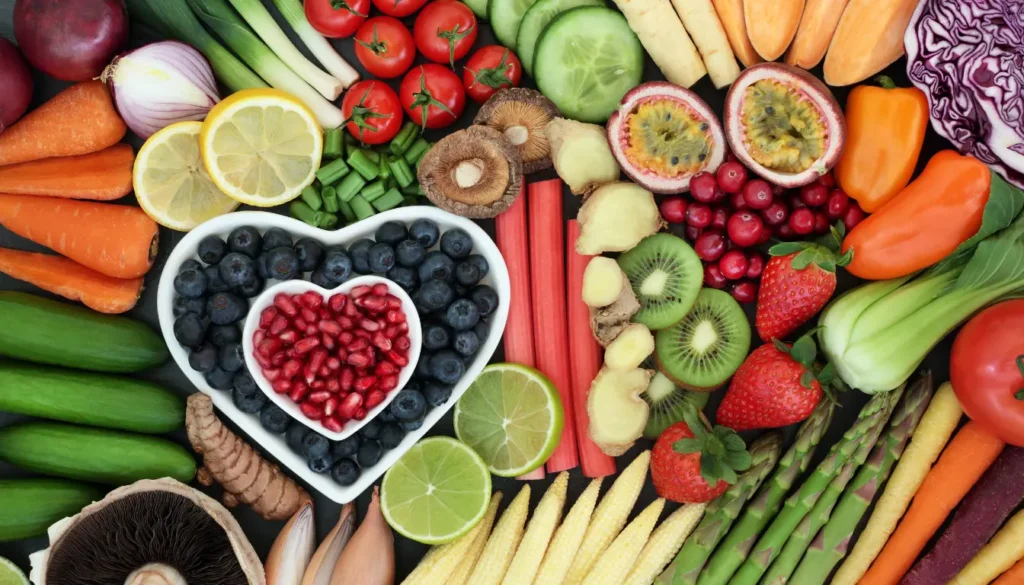
Creating a Kidney-Friendly Meal Plan
Creating a meal plan for kidney health is crucial. It helps manage your condition and keeps you well. By following simple guidelines, you can make a diet that’s both balanced and tasty. It will nourish your body and protect your kidneys.
Portion Control Guidelines
Controlling portions is key in a kidney-friendly diet. Here are some tips:
- Limit protein to 4-6 ounces per meal.
- Choose low-potassium fruits and veggies like berries, citrus, and leafy greens.
- Opt for whole grains over refined carbs.
- Drink lots of water and watch your sodium.
Sample Daily Menu
Here’s a kidney-friendly daily menu example:
| Meal | Menu Items |
| Breakfast | Oatmeal with blueberries, egg whites, and whole-wheat toast |
| Lunch | Grilled chicken, steamed broccoli, and a side salad with lemon vinaigrette |
| Dinner | Baked salmon, roasted asparagus, and a small quinoa serving |
| Snacks | Sliced apples with peanut butter, and herbal tea |
Meal Prep Tips
To keep your diet kidney-friendly, try these meal prep tips:
- Plan meals and snacks for the week ahead.
- Batch cook grains, proteins, and low-potassium veggies.
- Freeze portions for easy meals.
- Stock a pantry with kidney-friendly foods.
By following a 7 day meal plan for kidney disease and these tips, you can make a diet for kidneys. It will nourish your body and support your health.
Foods to Limit or Avoid for Kidney Protection
Keeping a kidney-friendly diet is key for your kidney health. Some foods help your kidneys, while others can harm them. Knowing which foods to avoid for CKD helps you make better choices for your kidneys.
Foods high in sodium are bad for your kidneys. Too much sodium can make your kidneys work harder. It can also cause fluid buildup, high blood pressure, and other issues. Watch out for processed meats, canned goods, and salty snacks.
Also, foods high in phosphorus should be eaten in small amounts. This includes dairy, nuts, and some beans. Too much phosphorus can harm your kidneys and cause mineral imbalances.
- Limit intake of processed and canned foods
- Reduce consumption of high-sodium items like salty snacks and deli meats
- Moderate your intake of high-phosphorus foods, including dairy, nuts, and certain legumes
By avoiding these foods to avoid for ckd and eating more whole foods, you help your kidneys. This keeps your kidneys working well.
| Food Group | Recommended Limit | Healthier Alternatives |
| Sodium-rich foods | Less than 2,300 mg per day | Fresh herbs, spices, and low-sodium seasonings |
| High-phosphorus foods | Moderate portion sizes | Low-phosphorus plant-based proteins, such as legumes and whole grains |
| Processed and canned foods | Limit as much as possible | Whole, fresh, and minimally processed foods |
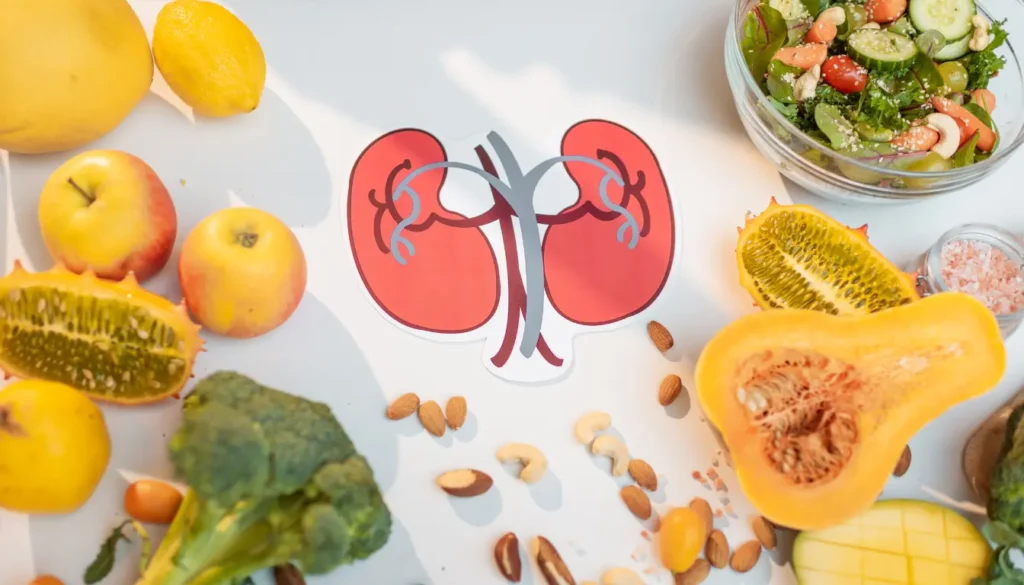
Choosing wisely and avoiding these foods is a big step for your kidney health. It also helps your overall wellbeing.
Conclusion
We’ve looked at how your diet affects your kidney health in this article. You now know how your kidneys handle different foods. You also know which fruits, vegetables, proteins, and herbs are best for your kidneys.
Adding foods good for kidneys and kidney healthy foods to your diet helps your kidneys work better. This can lower your risk of kidney problems. Eating well is key to keeping your kidneys healthy.
Keep working on your kidney health by talking to your doctor and checking your kidney function often. With the right food choices and your doctor’s help, you can keep your kidneys healthy for a long time.
FAQ
What are some of the best foods for kidney health?
Good foods for your kidneys include berries, citrus fruits, and leafy greens. Olive oil, fatty fish, and plant proteins like beans and lentils are also great.
How can diet impact kidney function?
Your diet is crucial for kidney health. Foods can either help or harm your kidneys, depending on how much you eat and how often.
What are the essential guidelines for a kidney-friendly diet?
A kidney-healthy diet limits sodium, potassium, and phosphorus. It also focuses on low-protein foods and whole foods like fruits, veggies, and grains.
What are some powerful fruits that can support kidney health?
Berries, citrus fruits, and fruits like apples and pears are good for your kidneys. They’re full of antioxidants and vitamin C, helping your kidneys stay healthy.
Which vegetables are best for kidney health?
Leafy greens, broccoli, and cauliflower are great for your kidneys. They’re low in potassium and packed with vitamins, minerals, and fiber.
What are some good protein sources for those with kidney concerns?
Beans, lentils, and tofu are excellent for those with kidney issues. Lean meats like chicken and fish are okay in small amounts. It’s important to watch your protein intake.
How can herbs and spices support kidney function?
Herbs like garlic, turmeric, and ginger are good for your kidneys. They have anti-inflammatory properties and can boost kidney health when added to your meals.
What are some tips for creating a kidney-friendly meal plan?
Focus on portion control and eat a variety of kidney-friendly foods. Meal prep helps keep your diet on track. A sample daily menu can also guide your meal planning.
What foods should I limit or avoid for optimal kidney protection?
Avoid foods high in sodium, potassium, and phosphorus like processed meats and high-sodium snacks. Certain dairy products should also be limited. A healthcare professional can help with dietary restrictions.

